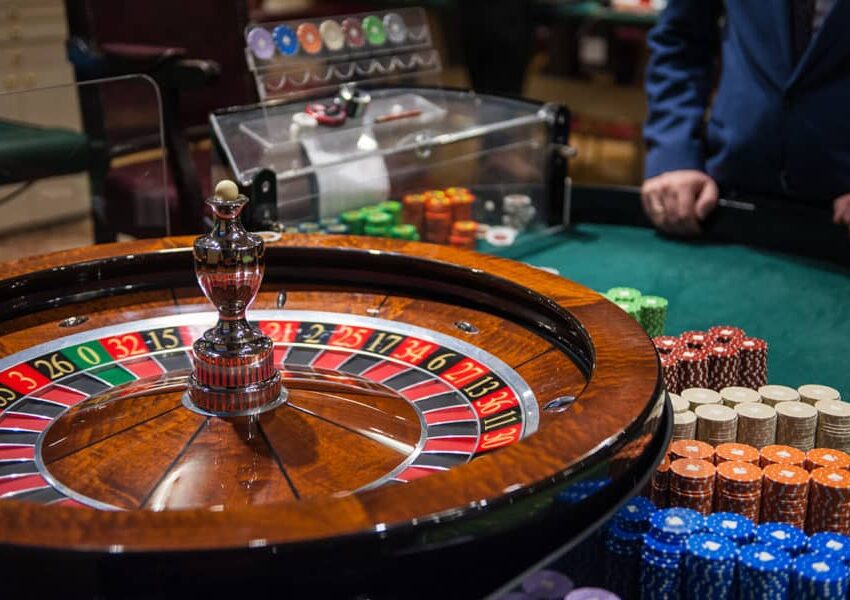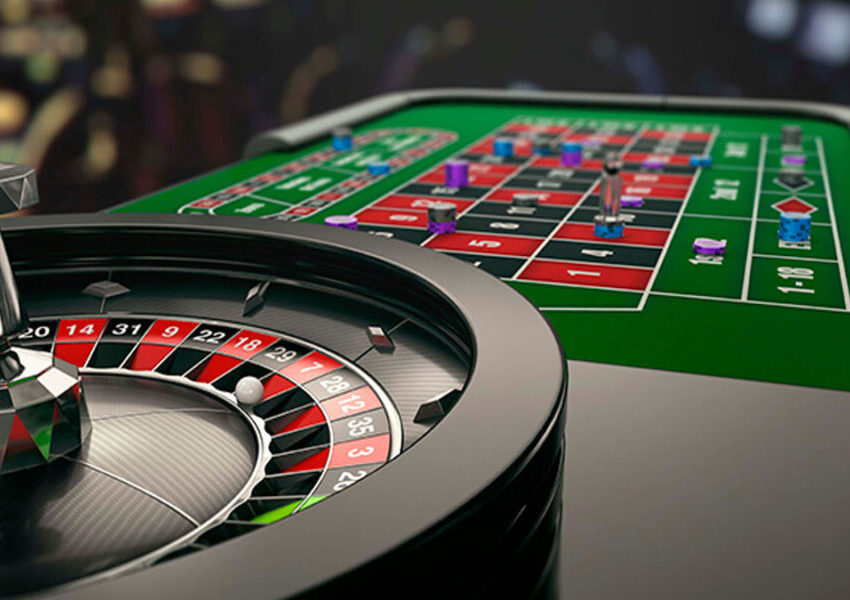Live dealer games bridge the gap between traditional casino experiences and digital convenience through sophisticated broadcasting technology. Professional dealers operate real casino equipment in specialized studios while players participate remotely through interactive interfaces. Multiple high-definition cameras capture every card dealt, wheel spin, and dice roll in real-time, eliminating concerns about random number generators. Information about these immersive gaming experiences can be found through various gaming guides fuji9, which explain how different live dealer implementations vary between providers. The technology behind these systems represents an essential investment for casino operators, requiring specialized studios, trained personnel, and complex integration between physical equipment and digital interfaces.
Studio broadcasting setups
Professional gaming studios create controlled environments optimized for consistent lighting, clear audio capture, and seamless gameplay. These purpose-built facilities feature multiple gaming tables with specially designed lighting systems, eliminating shadows and glare that might obscure cards or wheel results. Sound engineering ensures clear dealer instructions while filtering ambient noise that could distract from the gaming experience. Custom table designs incorporate discreet card scanning technology while maintaining traditional casino aesthetics familiar to players. These studios operate around the clock with rotating dealer teams to accommodate global player bases across different time zones.
Real-time interaction channels
- Chat system integration- Two-way communication channels allow players to interact with dealers through text messages displayed on studio monitors, creating personalized gaming experiences despite physical separation.
- Decision timing frameworks – Customizable countdown timers balance thoughtful decision-making with gameplay pacing, preventing individual players from delaying the experience for others.
- Tip functionality – Digital tipping systems allow players to reward dealers for exceptional service, maintaining traditional casino etiquette within the digital environment.
- Custom dealer requests – Advanced systems enable special handling requests for superstitious players, such as specific shuffling patterns or card handling preferences.
These interaction systems create bidirectional engagement, making live dealer games more immersive than algorithm-driven alternatives. Dealers respond to players by name, acknowledge messages, and provide personalized service comparable to physical casino experiences.
Multi-angle camera choreography
Live dealer studios implement sophisticated camera systems that simultaneously capture gameplay from multiple perspectives. Primary overview cameras provide comprehensive table visibility while dedicated close-up cameras activate during critical moments like card reveals or roulette ball settlements. Dealers guide player attention by gesturing toward relevant cameras during appropriate game phases. Advanced systems allow player-controlled switching between camera angles, creating customizable viewing experiences based on individual preferences.
- Automated tracking systems – Computer vision algorithms follow cards and dice automatically, ensuring critical game elements remain perfectly framed regardless of dealer movements.
- Dynamic switching logic – Intelligent systems transition between cameras based on game phase, focusing on relevant action without manual direction.
- Picture quality adaptation – Video streams automatically adjust resolution based on player bandwidth, maintaining fluid motion during limited connectivity without disconnecting.
- Branded environment framing – Strategic camera positioning showcases casino branding elements without distracting from gameplay, reinforcing brand identity throughout sessions.
- Surveillance integration – Secondary camera systems monitor all activity for security purposes, creating multiple verification layers ensuring game integrity.
Optical recognition technology translates physical events into digital data streams instantaneously. Game management servers track all player decisions, dealer actions, and game outcomes while maintaining perfect synchronization between video feeds and user interfaces. Automated verification systems compare expected mathematical outcomes against actual results, identifying anomalies that might indicate equipment malfunctions. This comprehensive data architecture ensures complete recordkeeping for regulatory compliance while enabling instant resolution of disputed outcomes through multi-angle video verification.








